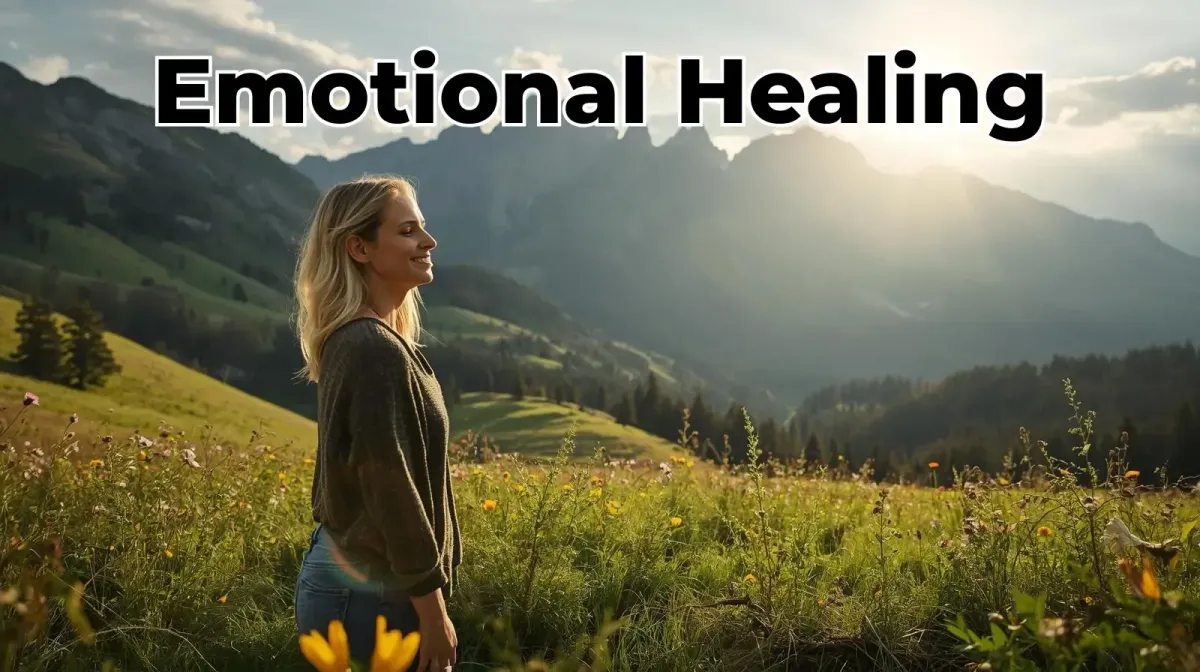Peter Paul Parker's Official Website
Articles And Guidance

Self Esteem Improvements
Self-Esteem Improvements: A Path to Greater Confidence
Self-esteem is more than just a buzzword—it’s the foundation of how we view ourselves and interact with the world. At its core, self-esteem is a measure of your personal worth, encompassing how much you value and like yourself. It influences how you react to criticism, failure, and success, shaping every aspect of your life, from relationships to career decisions.
For many of us, self-esteem is a complex and evolving aspect of who we are. In fact, it’s estimated that around 85% of people worldwide struggle with low self-esteem. This statistic reveals the pervasiveness of the issue and highlights the importance of addressing it. Improving self-esteem isn’t just about feeling better in the moment—it’s about creating a life that aligns with your values and aspirations.
If you’re ready to start this journey, we’re excited to introduce our Self-Image Webinar—a transformative experience designed to empower you with practical strategies to enhance your self-worth and embrace your authentic self.
"Improving self-esteem is essential for building confidence, as it shapes how we view ourselves, handle challenges, and create a fulfilling life aligned with our values."
Understanding Low Self-Esteem
How Does Low Self-Esteem Feel?
Low self-esteem often manifests in a pattern of negative thoughts and emotions that undermine your confidence. You might experience:
Being easily discouraged when facing challenges.
Underestimating your abilities, even when evidence suggests otherwise.
Fearing judgment in social or professional settings.
Focusing on negativity, often dwelling on flaws or past mistakes.
Feeling unworthy, as though success and happiness are out of reach.
These feelings can create a cycle of self-doubt, making it harder to break free from limiting beliefs.
What Causes Low Self-Esteem?
Low self-esteem can stem from a variety of factors, including:
Negative childhood experiences: Critical or dismissive parenting can leave lasting scars.
Bullying or trauma: Past experiences of rejection or abuse can deeply affect self-worth.
Societal pressures: Unrealistic standards in media and culture can make us feel inadequate.
Unhealthy relationships: Toxic environments can erode confidence over time.
Mental health struggles: Issues like anxiety or depression often go hand-in-hand with low self-esteem.
Body image concerns: Comparing yourself to others can lead to feelings of inadequacy.
Understanding these root causes can help you address and overcome them effectively.
"Low self-esteem stems from negative experiences, societal pressures, and self-doubt, creating a cycle of limiting beliefs that can deeply affect confidence and self-worth."
Strategies for Improving Self-Esteem
Improving self-esteem is an active process that involves shifting your mindset and habits. Here are some proven strategies to get started:
1. Recognise and Challenge Negative Beliefs
Pay attention to the thoughts that lower your self-esteem. When you notice negative self-talk, challenge its validity. Replace phrases like “I’ll never succeed” with “I’m learning and growing every day.”
2. Practice Positive Self-Talk and Affirmations
Write down affirmations that resonate with you, such as “I am capable and deserving of happiness.” Repeat them daily to reprogram your mindset.
3. Identify and Acknowledge Your Strengths
Create a list of your skills, qualities, and achievements. Remind yourself of these whenever self-doubt creeps in.
4. Set Small Wins and Celebrate Achievements
Break larger goals into smaller, manageable steps. Each small victory reinforces your capability and builds confidence.
5. Embrace Self-Improvement
View personal growth as a lifelong journey. Celebrate progress, not perfection, and focus on learning from mistakes.
6. Cultivate a Growth Mindset
Believe in your potential to grow through effort and perseverance. This mindset can help you view challenges as opportunities rather than obstacles.
7. Set Healthy Boundaries
Learn to say “no” to situations that drain your energy or go against your values. Setting boundaries is an act of self-respect.
8. Take Care of Your Physical Health
A healthy body supports a healthy mind. Prioritise adequate sleep, balanced nutrition, and regular exercise.
9. Nurture Positive Relationships
Surround yourself with people who uplift and support you. Limit time spent with those who criticise or belittle you.
10. Stop Comparing Yourself to Others
Remember that everyone’s journey is unique. Focus on your personal progress instead of measuring yourself against others.
11. Give Back and Practice Kindness
Helping others can boost your sense of purpose and connection. Acts of kindness, no matter how small, can improve your mood and self-worth.
12. Seek Professional Support
Sometimes, low self-esteem requires expert guidance. A therapist, counsellor, or coach can provide personalised tools to help you rebuild confidence.
"Improving self-esteem involves challenging negative beliefs, practising self-affirmations, embracing growth, and nurturing positive habits, relationships, and self-care."
Introducing the Self-Image Webinar For Low Self Esteem
If you’re ready to take your self-esteem journey to the next level, our Self-Image Webinar is here to guide you.
What You’ll Learn
This interactive webinar covers:
Identifying the root causes of low self-esteem.
Practical strategies for improving self-worth, such as positive self-talk and boundary-setting.
Real-life exercises to implement these techniques.
Why Join?
Gain actionable insights in self-esteem and personal growth.
Join a supportive community of like-minded individuals.
Leave with a clear plan to transform your self-image. The Dream Method. A five step actionable plan.
Call to Action
Don’t let low self-esteem hold you back. Sign up today for the Self-Image Webinar and take the first step toward a more confident, fulfilled you.
Watch The Free Webinar By Clicking Here
FAQs
1. How long does it take to improve self-esteem?
Improving self-esteem is a gradual process. With consistent effort, many people notice positive changes within weeks or months.
2. Can low self-esteem be completely cured?
While self-esteem can fluctuate, building a strong foundation helps you handle life’s ups and downs with greater resilience.
3. What if I struggle with self-esteem due to past trauma?
Seeking professional help can be crucial for addressing trauma. Therapists can provide tailored tools to rebuild self-worth.
4. Is the Self-Image Webinar suitable for all ages?
Yes, the strategies discussed in the webinar are beneficial for anyone looking to enhance their self-esteem, regardless of age.
5. Can I attend the webinar if I’m new to self-improvement?
Absolutely! The webinar is designed for participants at all levels, offering simple yet effective strategies to get started.
Self Esteem And Self Image
Are you ready to unlock a new level of confidence and transform your life from the inside out?
Low self-esteem often begins with a conditioned self-image – that mental picture we hold of ourselves, shaped by past experiences, societal pressures, and limiting beliefs. But here’s the exciting truth: your self-image isn’t fixed. You have the power to rewrite it and create a narrative that empowers you to thrive.
In my FREE Self-Image Webinar, you’ll learn:
✨ How to identify and release the negative beliefs holding you back.
✨ A simple, step-by-step process to rebuild your self-image into one that supports your dreams and goals.
✨ Practical tools to handle self-doubt and challenges with confidence.
✨ The secret to aligning your mindset with the life you truly deserve.
This isn’t just about feeling better in the moment – it’s about gaining the clarity, confidence, and self-assurance to take charge of your future. I’ll share the exact process that’s helped me and so many of my clients create lasting, transformative change.
You deserve a life where self-doubt doesn’t hold you back – where you wake up feeling energised, purposeful, and proud of who you are.
Click the link below to join the webinar and take the first step towards a confident, radiant, and empowered YOU. Let’s start this exciting journey together!

Watch The Free Webinar By Clicking Here
I look forward to connecting with you very soon.
Until then, be well and keep shining.
Peter. :)
Categories and website home
Website - Qi Gong - Meditation - HSP - Spirituality - Sound Healing
Further Reading On HSP's
Many people are highly sensitive and they do not realise it. It is having more sensitivity to incoming experiences. This can be difficult to navigate and there is further information below to help you find out where you are.
Highly Sensitive People Have A Rich Inner World
HSP's Have A Hard Time Moving On
HSP's Find It Difficult To Change
HSP's Don't Do well Under Pressure
HSP's React Badly To Criticism
HSP's Can Find It Hard To Sleep
Studies On Intuition:
Using Intuition As Intelligence
Exploring Intuition Across The Three Brains
Further Reading On Spiritual Subjects
Reprogramme The Subconscious Mind
Scientific Studies On Spirituality
Cornerstone Articles
Feeling Spiritually Lost? 🢂
Copyright Peter Paul Parker 2023 <<< ✺✺✺✺✺✺✺✺✺✺✺✺✺✺✺✺✺✺✺✺✺ >>> Terms And Conditions - >>> Privacy - Linked In - YouTube - Facebook -




